Technical Parameter
The GE IS220UCSAH1A is a Mark VIe series control system component manufactured by General Electric (GE) as part of their Speedtronic turbine control systems.
General Information:
- Manufacturer: General Electric (GE)
- Series: Mark VIe
- Model: IS220UCSAH1A
- Function: UCSA (Universal Controller Signal Adapter)
- Purpose: Used for signal conditioning and interfacing between I/O modules and the turbine control system.
Key Features:
- Signal Conditioning:
- Converts and processes analog/digital signals for communication within the Mark VIe control system.
- Supports various input/output signal types (e.g., 4-20mA, thermocouples, RTDs, digital signals).
- Communication:
- Interfaces with other Mark VIe components via Ethernet (SRTP protocol) or backplane communication.
- Part of GE’s TMR (Triple Modular Redundancy) or Simplex control architecture.
- Redundancy Support:
- Can be used in redundant configurations for high-availability systems.
- LED Indicators:
- Provides status LEDs for power, communication, and fault diagnostics.
- Environmental Ratings:
- Designed for industrial environments (temperature, humidity, and vibration resistant).
Typical Applications:
- Gas & Steam Turbine Control
- Power Generation Automation
- Industrial Process Control
Compatibility:
- Works with other Mark VIe components such as:
- PDIO, TDIO, or AI/AO modules
- IS200 series I/O packs
- Mark VIe controller (IS200ERxxx, IS215xxx, etc.)
Troubleshooting & Replacement:
- If the module fails, check:
- Power supply (should be within specified range).
- Communication links (Ethernet or backplane connections).
- LED status indicators (fault codes may be displayed).
- Replacement should be done with the same part number or a GE-approved equivalent.
Documentation & Resources:
- GEH-6855 (Mark VIe Systems Guide)
- GEI-100746 (Mark VIe Installation Manual)
- GE Support Website (for firmware updates or technical bulletins)
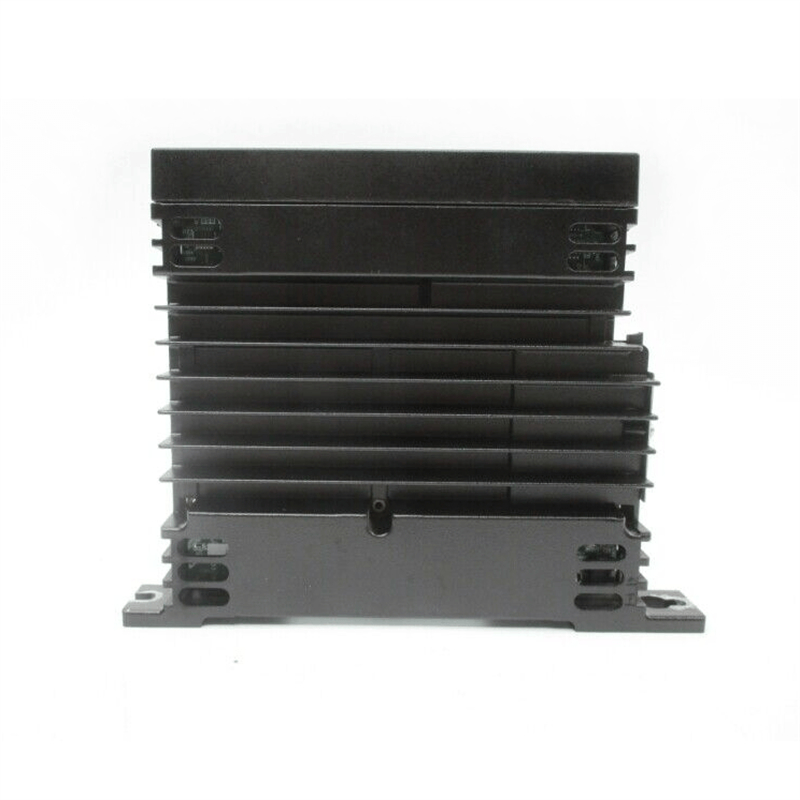
Annual hot selling advantage products:
ABB PM665、ABB S-073N、ABB S-123H 3BHB030479R0512
First hand source, affordable price. Spot inventory!
•Shipping Port: Xiamen
•Ship to you via Fedex/DHL/TNT/UPS/EMS
•Package: Original packing with cartons
GE Hot Selling models
Clients also need
—-(DCS)Distributed Control System
ABB 3AUA0000110429,SYSCON2 746924
Invensys Foxboro FBM214,FBM242,B0123HE
Invensys Triconex 3625,3700A,3604E
Woodword 5462-758B
HIMA F2-DO-16-02,F8650E
Yokogawa SAI143-S03 S1, F9342L-02
Honeywell 51402497-200,51403519-160,51199194-100,CC-PDO801
Emerson KJ4001X1-NB1,12P3368X012
—-(PLC)Programmable Logic Controller
Rockwell AB 1734-IB8,1734-OB8,1769-L18ER-BB1B,1756-IM16I
ICS Triplex T8461,T8850,T8403,T8431,T8831,T8310
Schneider Modicon 140DDI85300
GE Fnauc IS210AEPSG2B,IS220UCSAH1A,IS215ACLEH1A,IS210AEAAH1B
Siemen 6ES7331-1KF02-0AB0
Prosoft MVI46-DFNT
Bachmann MPC240
Woodhead 9905-068 2301A
—-(TSI)Turbine Supervisory Instrumentation
Bently Nevada 3500/22M,138607-01,3500/25,3500/53,3500/32M 149986-02,
EPRO MMS6110,MMS6120,MMS6220,MMS6312,MMS6410,6423,6424,
ENTEK EK C6622HS,XM124,1440-SDM02-01RA
What is a DCS?
A Distributed Control System (DCS) is a sophisticated, computer-based control system designed to automate, monitor, and manage complex industrial processes. It is widely used in large-scale industrial facilities such as refineries, power plants, chemical plants, and paper mills, where precision, reliability, and scalability are critical.
How Does a DCS Work?
A DCS is composed of several interconnected components that work seamlessly to ensure efficient process control. Here’s a breakdown of its key elements:
- Controllers:
These are the “brains” of the system. Controllers receive data from sensors, process it using pre-programmed logic, and send output signals to actuators to maintain optimal process conditions. - Sensors:
Sensors act as the “eyes and ears” of the system, measuring critical physical parameters such as temperature, pressure, flow rate, and level. This real-time data is essential for accurate control. - Actuators:
Actuators are the “muscles” of the system. They execute physical actions based on controller commands, such as opening/closing valves, starting/stopping motors, or adjusting dampers. - Operator Stations:
These serve as the human-machine interface (HMI), allowing operators to monitor the process, adjust setpoints, and troubleshoot issues. Modern DCS systems often feature intuitive graphical interfaces for ease of use. - Communication Network:
The backbone of the DCS, this network connects all components, enabling seamless data exchange and coordination. It ensures that every part of the system works in harmony, even across large industrial sites.
Why is a DCS Important?
- Centralized Control with Distributed Execution: A DCS allows for centralized monitoring while distributing control functions across multiple controllers, reducing the risk of system-wide failures.
- Scalability: It can easily expand to accommodate growing operational needs.
- Reliability: Redundant systems and fail-safes ensure continuous operation, even in critical environments.
- Efficiency: Optimizes processes, reduces waste, and improves overall productivity.


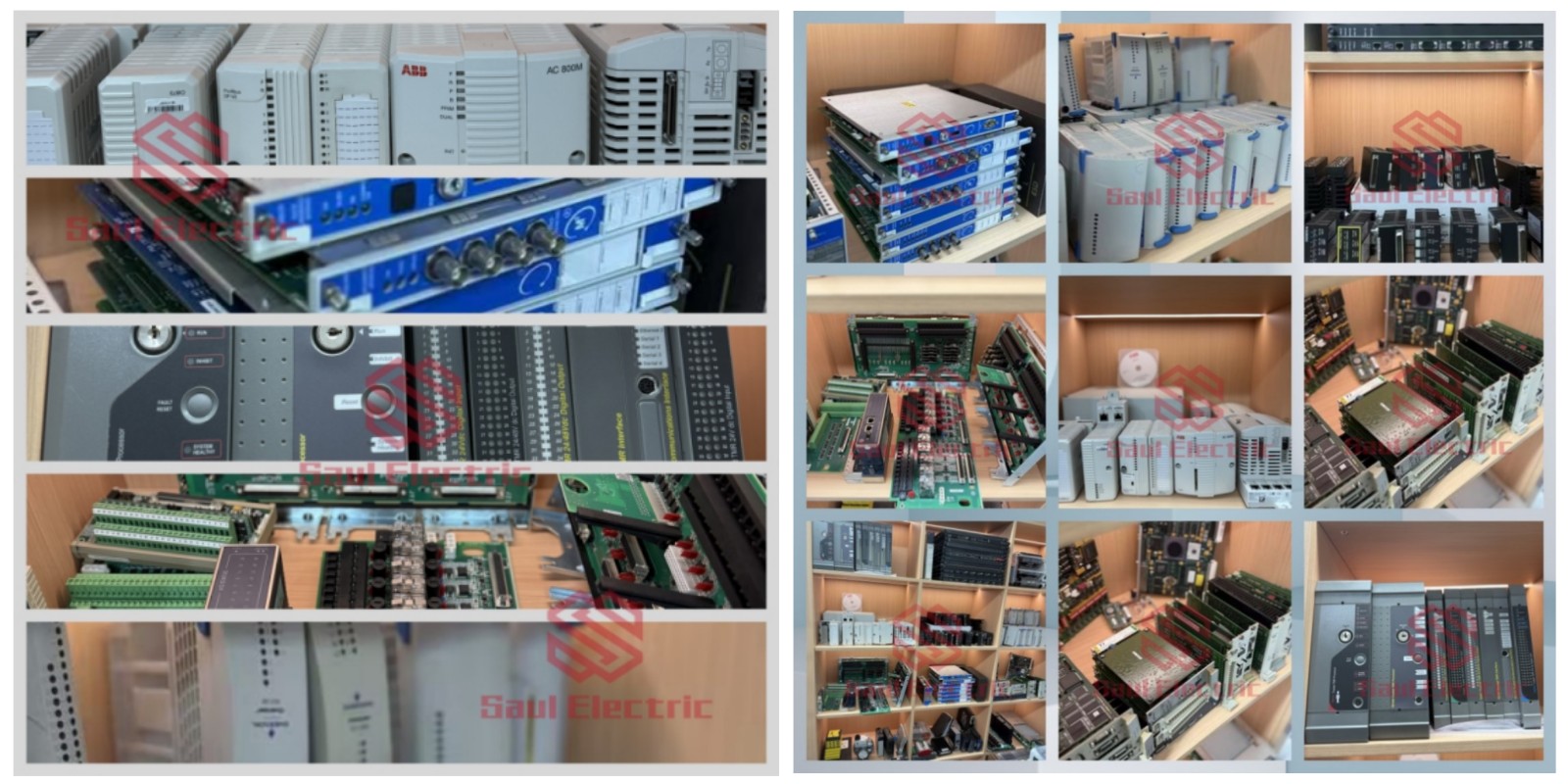

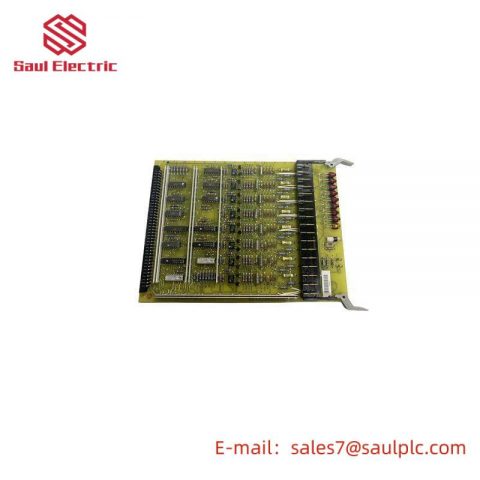
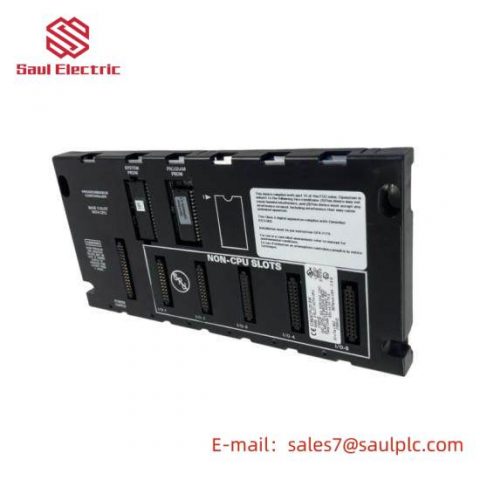
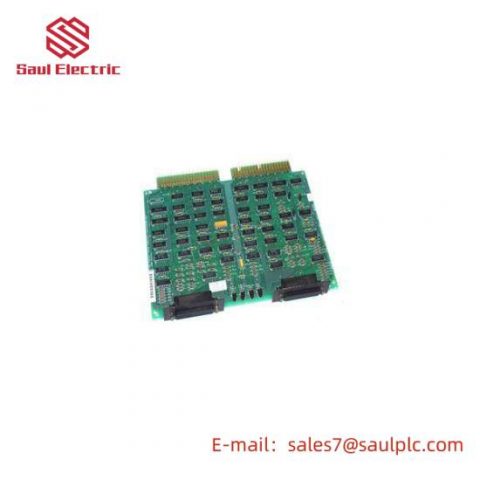
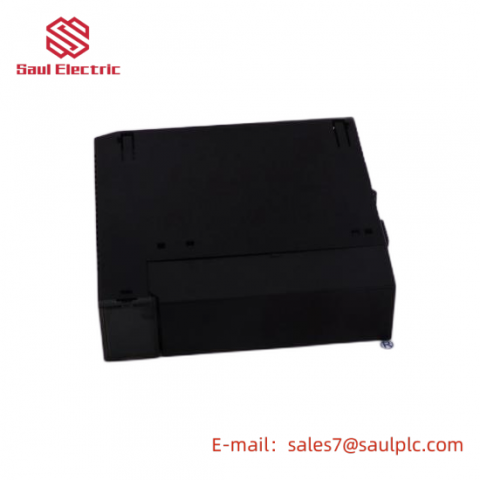
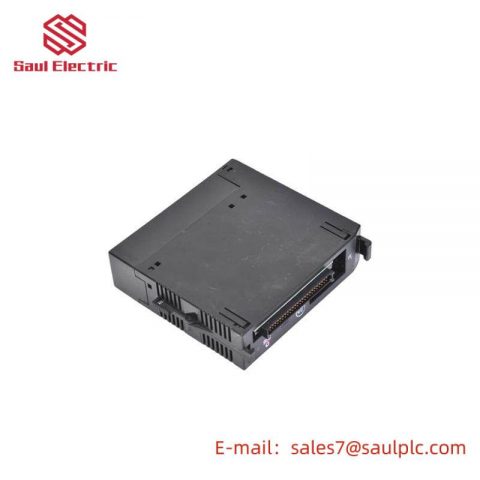
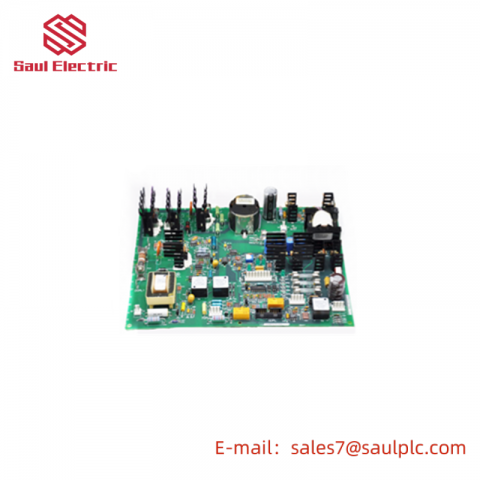
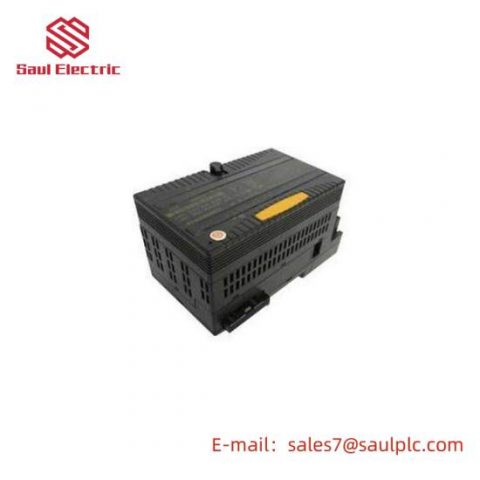
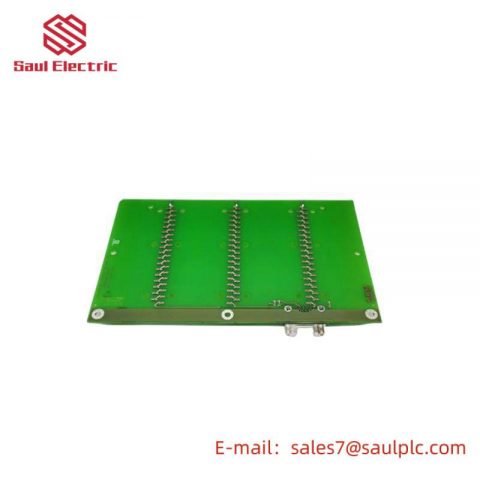
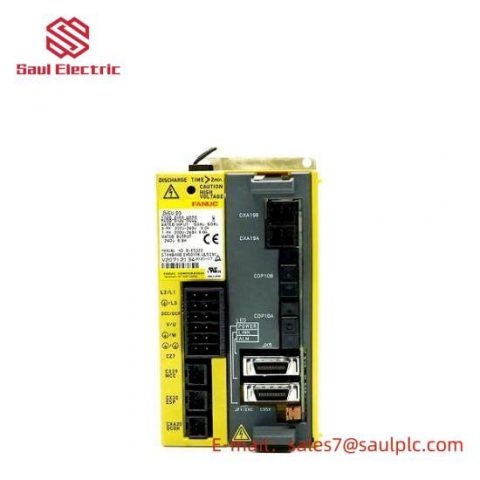
There are no reviews yet.